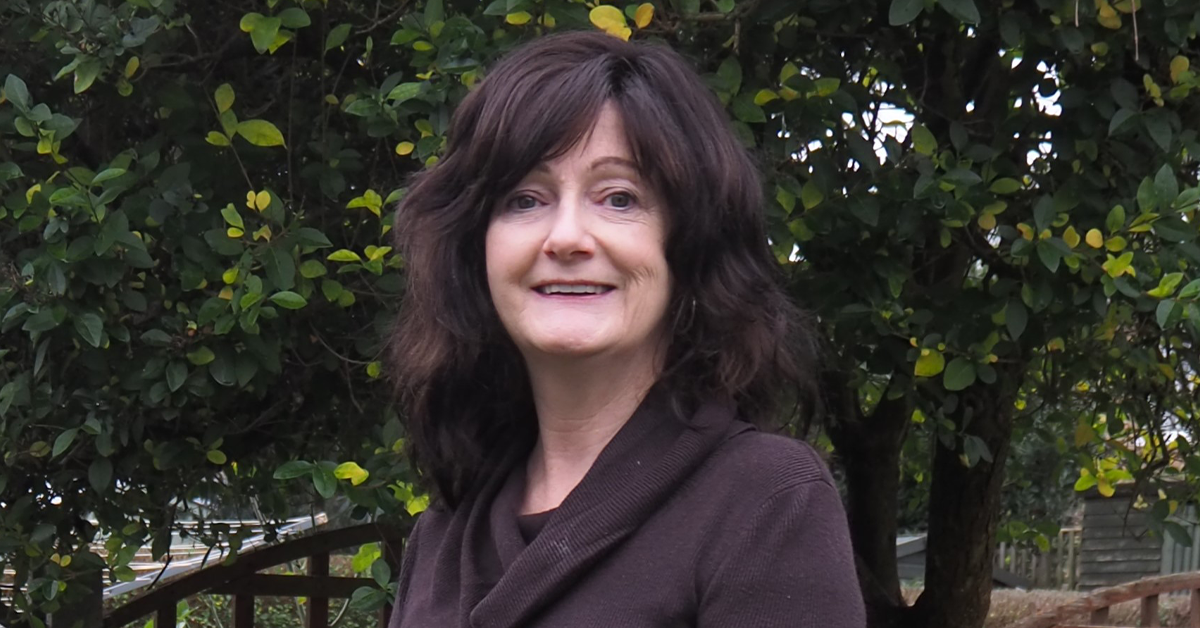
When it comes to learning about religion or belief in the classroom children deserve a broad, objective, and pluralistic approach. An essential part of our work for greater inclusivity in schools is to make sure humanists are represented in local Standing Advisory Councils for Religious Education (SACREs) in England and in Wales, the bodies responsible for overseeing the local RE syllabus.
We caught up with Greta Farian, humanist rep for Kingston upon Thames SACRE to find out more about the humanist values that underpin her work, as well as reasons you should consider becoming a rep too.
What motivated you to get involved in your local SACRE?
In 2021, I responded to an advert on Humanists UK who had a vacancy on the Kingston SACRE. Before I did so, I asked my friends with children at schools in the borough what their experience was on how religion and worldviews are taught locally. My friends, both religious and non-religious, felt that I’d be a good advocate for making sure teaching staff had the knowledge and resources to educate pupils on the humanist perspective.
I’m already active in local politics and believe I have a good knowledge of our community. I grew up in a non-religious household, attending schools in the 1960s and 1970s where the teaching was focused on Christianity. There was no one who explained to me that it was OK not to have faith, or who understood my longing to explore outside of the rigid perspectives we were taught.
Why is it important for humanism to be represented on SACREs?
If you look at the results of the 2021 National Census it is evident that an increasing number of the British population identify as not having a faith. In Kingston, over 25% stated that they have no religion in the Census. It is important that our education system gives our children a broad understanding not just of religion, but of non-religious worldviews too. Through the SACRE we can facilitate schools giving pupils the opportunity to develop a comprehensive understanding of the humanist philosophy and how many people are able to have fulfilling lives without faith being part of it.
What do you bring to being a SACRE rep?
As a former full-time trade union officer, I had a lot of experience of committee work and engaging with people of different backgrounds. Being sensitive to the views of others while making sure the humanist message is heard requires a willingness to work as a team with tact and diplomacy. Being able to influence Kingston’s approach to the teaching of religion in our schools is my objective but I also want to be able to show my fellow committee members that my contribution is as important as that of those of faith!
What do you find most rewarding about it?
For me, one of the most enjoyable aspects of being a SACRE rep is being able to research and disseminate resources and materials that will help school teaching staff. It has been apparent that some schools have struggled to identify appropriate resources themselves. It was rewarding for me at my last meeting to be approached by some of the teachers on our committee who thanked me for circulating presentations and bite-size materials on humanism that they can use in the classroom.
What resonates with you most about the humanist approach to life?
For me, humanism shows that you can have compassion for other living beings and the planet, have a positive outlook and want to make the world a better place without having to abide by religious strictures. Being able to influence what our children learn and the opportunity to present to them an alternative view of the world, is vital for their development. I would encourage fellow humanists to find out about SACRE vacancies in their area so that more schools can benefit from the knowledge we have to share.
Thank you for talking with us, Greta!
If you’re interested in finding out more about the role of Humanist SACRE reps or would be interested in getting involved, you’ll find more information here.

Notes
Case law for councils: Since May 2023, case law in England has established that councils should consider applications from humanist representatives to join Group A of SACREs in the same way that they would consider applications from religious representatives. Councils cannot deny humanists a place on Group A purely on the basis that humanism is not a religion. The UK Government has sent guidance to local authorities to this effect. Similarly, statute in Wales since April 2021 requires that every local authority admits representatives of non-religious worldviews. In practice, these representatives are all humanists.
For further comment or information, media should contact Humanists UK Director of Understanding Humanism Luke Donnellan at education@humanists.uk or phone 020 7324 3070.
Find out more about our work on understandinghumanism.org.uk.
Understanding Humanism is Humanists UK’s education service. It aims to introduce young people to humanism as an example of a non-religious worldview. It provides teachers with the resources necessary to teach accurate, high-quality lessons about humanism, and assists them with the development of their own subject knowledge. The Understanding Humanism website offers information and services, including free school speakers who can work with teachers to broaden students’ understanding. Visit Understanding Humanism at understandinghumanism.org.uk.
Humanists UK is the national charity working on behalf of non-religious people. Powered by 100,000 members and supporters, we advance free thinking and promote humanism to create a tolerant society where rational thinking and kindness prevail. We provide ceremonies, pastoral care, education, and support services benefitting over a million people every year and our campaigns advance humanist thinking on ethical issues, human rights, and equal treatment for all.
